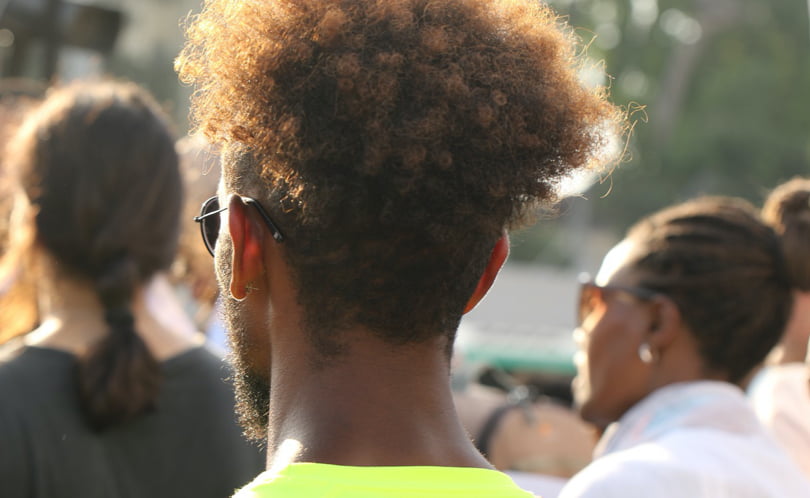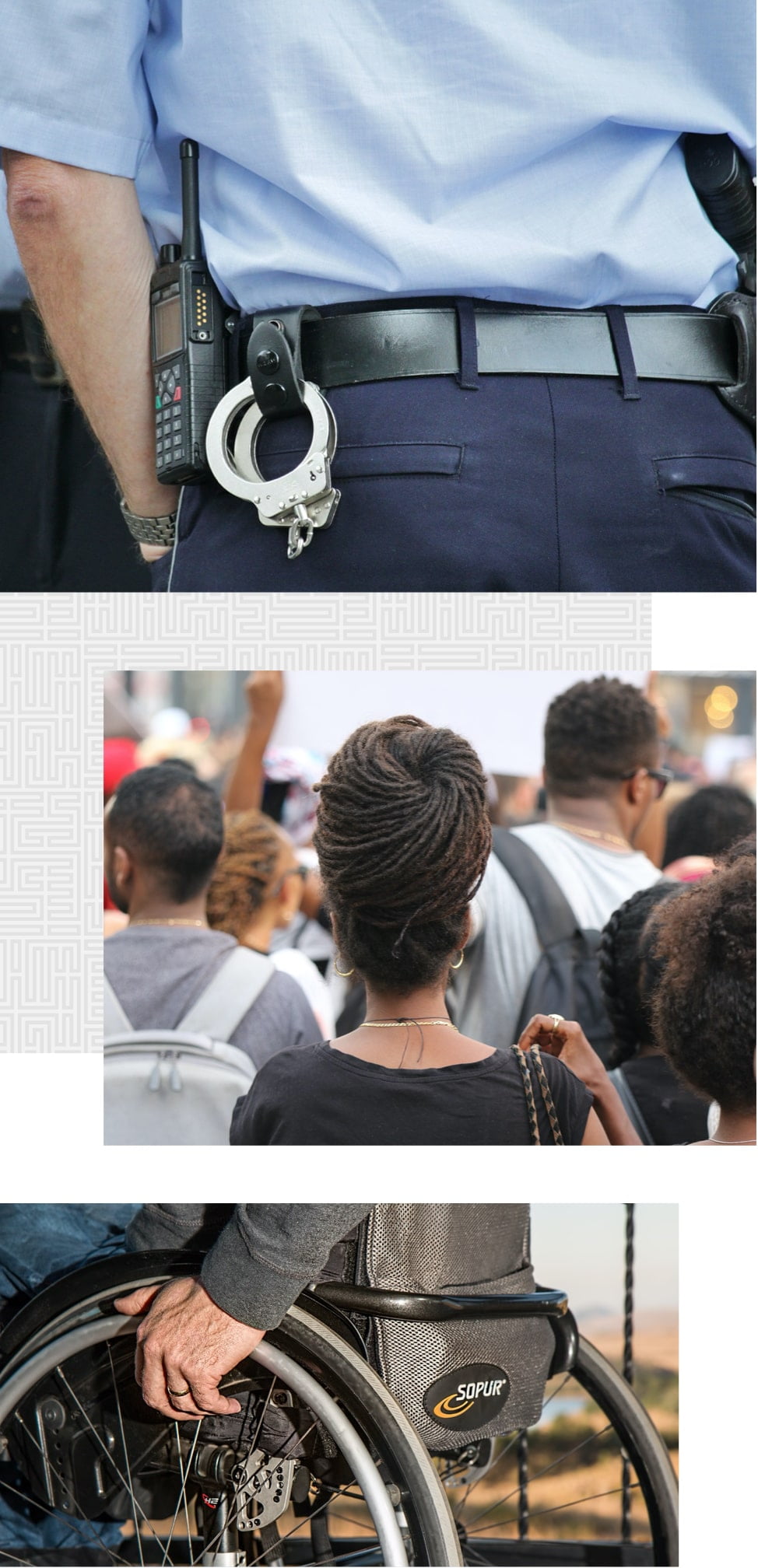
At LA Lawyers Group, we offer free initial consultations and charge our clients only on a contingency fee basis. This means that our clients never pay any legal fees until we win or settle their case. Our contingency fee system allows us to provide legal counsel to victims of civil rights violations without them having to pay any steep upfront costs. We absorb 100% of the financial risk connected to a claim or lawsuit, and use our own time and resources to build strong cases for our clients. When we settle or win a case, we receive a percentage of the client’s settlement or judgement as payment, which incentivizes us to recover the maximum possible compensation allowed by law. If we do not win or settle a client’s case, we do not charge that client any fees.
Civil rights are personal rights that are guaranteed and protected by federal and state civil rights laws. Civil rights laws, such as those outlined in the U.S. Civil Rights Act of 1964 and in the California Civil Rights Initiative, have been put into place to provide Americans with legal protection against unjust treatment. Civil rights give people the right to receive equal and fair treatment in many settings, such as in schools, workplaces, and public settings.
When defining civil rights, it’s important to call out the difference between civil rights and civil liberties, as these terms are often confused. Civil rights are certain legal protections from unequal treatment, while civil liberties are more broad freedom-based rights that are guaranteed in the Constitution and in other federal law. An example of a civil right would be the right to not be discriminated against due to your race during a job interview, while an example of a civil liberty would be the right to free speech.


A civil rights lawyer is a type of civil litigation attorney that fights for the rights of people who have suffered harm due to a violation of their civil rights. A civil rights attorney can represent people who have been the victim of police brutality, prison abuse, discrimination, and many other acts of injustice. This type of attorney can negotiate settlements on behalf of their client or represent them in civil court when going to trial is necessary to recover justice in the case. In order to prepare strong cases, civil rights lawyers frequently conduct research and investigations on behalf of their clients.
Our skilled civil rights attorneys can assist clients struggling with a variety of civil rights issues, including police misconduct, jail or prison abuse, and jail or prison neglect.
Our California civil rights attorneys can assist those who have been harmed by many types of civil rights violations, including violations related to:


Plaintiffs who have suffered harm due to a violation of their civil rights may be entitled to recover damages related to their unique losses. Generally, plaintiffs in a civil rights case have access to economic damages and non-economic damages, and in some cases may be awarded punitive damages. Additionally, if a person dies due to a civil rights violation, the decedent’s family may be able to recover damages by filing a wrongful death claim.
Economic damages are meant to compensate a victim for their tangible economic losses. Some examples of economic damages that may be available in a California civil rights case include compensation for medical bills, lost wages, property damage, and lost earning capacity.
Non-economic damages are meant to compensate a victim for their intangible, non-economic losses. Examples of non-economic damages that could be available in a California civil rights case include compensation for emotional distress, pain and suffering, loss of consortium, inconvenience, and injury to reputation.
In certain cases, a California judge or jury may award a plaintiff punitive damages. Punitive damages are a type of monetary compensation that is meant to punish a defendant that has harmed others due to their particularly egregious conduct. Per California law, the court can award punitive damages on top of a plaintiff’s other damages when they have clear and convincing evidence that a defendant has acted with oppression, fraud, or malice. Note that punitive damages cannot be recovered from federal, state, or local government entities, as this is generally prohibited under United States federal tort law and California state law.
When a person dies due to a negligent or malicious violation of their civil rights, the decedent’s family members may be able to recover compensation for the losses they’ve suffered due to the death of their loved one through a wrongful death claim. Surviving family members may be able to recover certain economic damages, such as funeral expenses and the loss of the decedent’s reasonably expected future income. They may also be able to recover certain non-economic damages, such as compensation for a loss of love and companionship.
In California, the statute of limitation that applies to a civil rights case may vary based on the circumstances involved in that case. Many types of civil rights cases are technically personal injury cases, so they are governed by California personal injury laws. The standard statute of limitations for filing a personal injury claim or lawsuit in California is two years. However, there can be a number of exceptions to this standard rule.
A particularly notable exception to this two year limitation period is in the event that a government entity is named as an at-fault party in the case. When a government entity is named as an at-fault party in a civil case, a plaintiff has only six months to file a notice of claim. Then, they must wait until either the municipality rejects their claim or waits more than 45 days without acting on the notice of claim. After this, a plaintiff has six months in which they can file a lawsuit.
It’s crucial that the victims in a civil rights case understand that they may have a limited time period to pursue their case. It’s especially important for civil rights victims to understand their time limit because government agencies are more likely to be involved in this type of claim. If the statute of limitations associated with your case runs out before you take the necessary legal action, you lose your right to take legal action. Therefore, it’s crucial for victims in this type of case to seek legal representation as quickly as possible.
In addition to considering the statute of limitations that applies to your civil rights case, it’s wise to consider other time limits, including those related to evidence. Some types of evidence must be recovered very quickly or they may be destroyed. For example, a business with a surveillance camera may have their video footage on an erasing loop with a 12 or 24 hour cycle. To give another example, California police, including the LAPD, can generally destroy emergency dispatch and radio recordings after 100 days. In order to ensure that you do not lose valuable evidence in your case, it’s best to seek legal counsel swiftly after your incident. An attorney that has experience handling civil rights cases will be able to help you understand what you need to do and when you need to do it. This includes things like filing claim paperwork and things like demanding preservation of police radio recording evidence by sending an anti-spoliation letter by certified mail.
